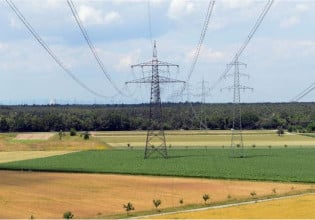Vette Corp. has acquired ERM Thermal Technologies, Inc. The acquisition continues Vette's plan to become a leading manufacturer and global supplier of total thermal solutions for the computer and industrial electronics markets, with extensive manufacturing, engineering and supply chain logistics. Terms of the acquisition were not released.
According to Vette's President and CEO, George Dannecker, "ERM is a good fit with Vette's product and customer service strategies. The acquisition gives Vette Corp the manufacturing capabilities for liquid cooled and bonded fin heat sinks required for cooling high power electronics. These applications include RF power, x-ray and medical equipment, solar power, hybrid electric cars, trains, escalators and people movers. The acquisition continues our commitment to manufacture the broadest and most complete family of thermal cooling solutions for our customers around the globe and is a perfect complement to our high-volume, low-power solutions provided by our China-based manufacturing.
"ERM's customers gain access to a broader portfolio of thermal solutions and global supply chain support with the market advantage of the lowest landed cost for their thermal solutions that comes from working with the only global thermal solution provider that owns and operates all of its manufacturing operations," Dannecker concluded.
The power semiconductor electronics market includes power supplies and uninterruptible power supplies, motor controls, and traction drives in applications such as telecommunications, industrial controls, power conversion, transportation, alternative energy and aerospace. Leading analyst firms expect the worldwide electronic thermal market to grow by 8.8% annually for the next two years (estimated at $4.4 billion for 2006) with thermal solutions for power electronics representing a $2.2 billion market. Vette's thermal management technologies remove heat that diminishes the performance of electronic products in an increasingly wide array of industries. Heat dissipation problems in electronic components and systems increase as more powerful computer chips, increased system integration, smaller form factors, and more sophisticated power requirements continue to be driven by consumer demands.






